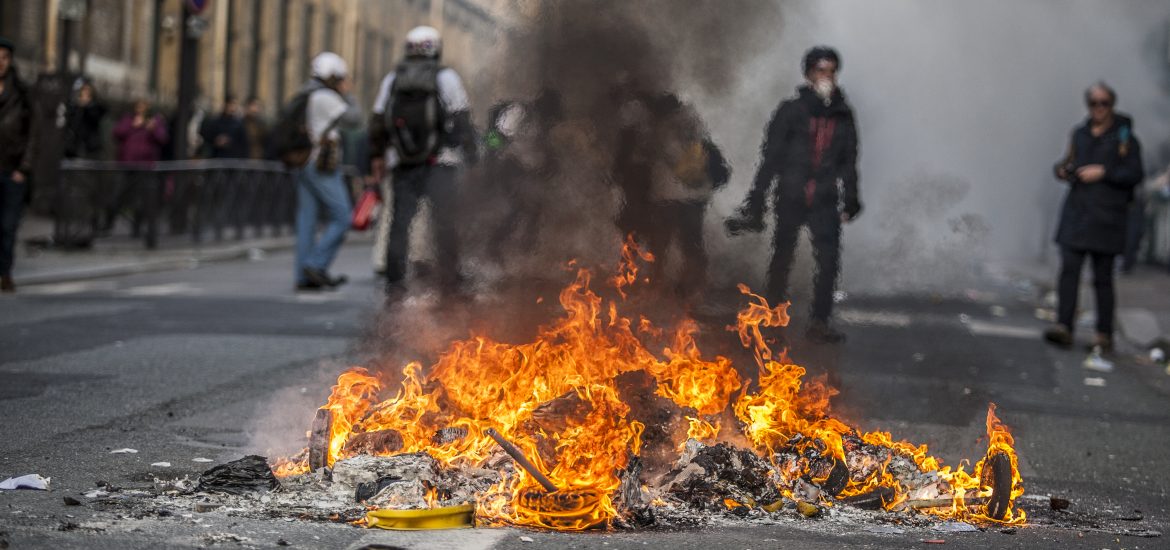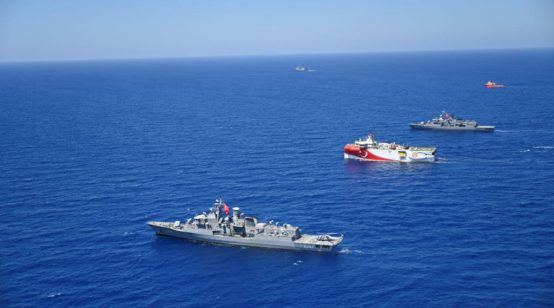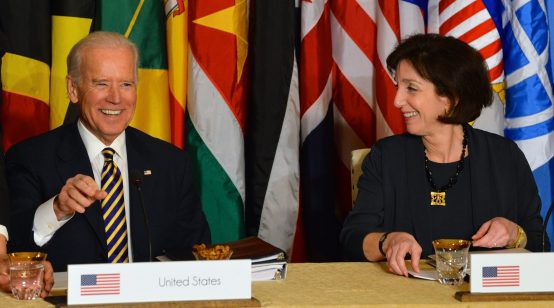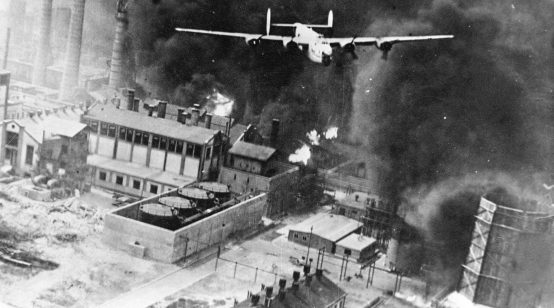
As the clock ticks to March 29, the deadline for the United Kingdom to reach a deal to exit the European Union, concerns continue to pile up. Currently, these center on the most likely scenario, a No Deal Brexit, the odds of which a popular bookmaker places at 5/2.
Gas is the backbone of Europe’s economic and social security and therefore the most critical sector to monitor in terms of what happens on March 29. Now, according to a paper released by the Oxford Institute for Energy Studies (OIES) in early February, a No Deal Brexit could prompt major gas-supply disruptions for France. The risk stems from article L443 of French energy law, which only permits EU-based companies to supply gas to France. The ability to change the law quickly is limited. If unchanged, London-based shippers will be unable to send supplies to France. A Brexit deal, on the other hand, would solve the problem.
It seems inconceivable that the French government will let the country walk into a gas-supply crisis on procedural grounds. Let us all hope it doesn’t. But the situation does bring into sharp relief the weakness of a French and EU energy strategy that bets on European markets and institutions rather than on building geopolitical alliances. Gas-supply security has been one of Europe’s primary energy dilemmas the past two decades, and it now seems more insecure than ever.
No simple fix
It would be simply catastrophic to commit such an own goal through a No Deal Brexit. The OIES paper estimates that up to 40 percent of France’s gas demand could be at risk. The pipeline gas at risk accounts for 30 percent of French demand, while LNG accounts for 10 percent.
For pipelines, the threat is clear, but the solutions are not. The paper suggests two solutions. The first is a contingency arrangement “until new rules can be drafted,” something the French government has done in other areas. The second is for gas-supply companies to become logistics companies. As such, they could then renegotiate all their contracts. The first will be onerous, since it involves rewriting Article L443 and revisiting French energy policy. The second involves a whole new set of negotiations on contracts, which will be open-ended. In a nutshell, there is no easy short-term solution.
The threat to LNG suppliers, on the other hand, is less urgent as the solution is more straightforward. These supplies can still own their contracts so long as their gas enters the French network through an EU company. Equinor, which trades in London but is licensed in Norway, reinforced this point last week. Regardless of the March 29 outcome, LNG suppliers will likely benefit from this situation. Last year, LNG imports to France rose, primarily from Australia, Russia and the United States.
Gas is more flammable
The Oxford paper has received little attention in French media beyond one story on February 13. This is surprising. Energy-related protests rocked France in December, when President Emmanuel Macron’s announced a proposed price increase for unleaded and diesel fuel. What would happen if French people experienced real increases in their electricity and heating bills?
If the mere threat of increases on prices for driving cars brought people to the streets, it is safe to say that a gas price rise that the government cannot control, would lead to a serious crisis for the Macron government. Electricity and heat are not luxuries.
France is moving in the right direction. Overall demand for gas in France declined in 2018, even if industrial demand grew. Imports by pipeline from Norway, the Netherlands, and Russia have declined. Yet the country remains dependent on pipelines for 70 percent of imports, which make up 98 percent of overall demand.
Such a supply disruption could throw France into recession and undermine the continent’s steady economic recovery in recent years. More worryingly, it would make France vulnerable to further energy shocks and other geopolitical threats. Nearly every government fears such a scenario. China continues to mine and burn coal, even while it actively tries to reduce smog and its attendant health and environmental costs, for power-supply security. Germany must replace nuclear power with coal and natural gas for the same reason, even while it remains committed to increasing renewables.
Power abhors a vacuum
Every crisis presents an opportunity. Even if this crisis does not come to pass, it offers a chance to rethink France’s energy regime and Europe’s gas-supply strategy.
In 2004, the Clingendael International Energy Program argued that two global storylines would shape the future of energy, Markets and Institutions (M&I) and Regions and Empires (R&E). M&I assumed the continued “internationalization of markets and cooperation among international political and economic institutions.” R&E saw a less integrated world divided into “regions that compete for markets and resources,” including a weakening of U.S.-European ties. China, Russia, and the United States have been operating in the R&E for quite some time.
Now, European nations are, one by one, making energy choices based on the R&E storyline. Brexit is a clear such indication, as is Germany’s backing, no matter how reluctant it is, of Nord Stream II. Autarchic forces will only strengthen within countries at this stage; the unifying, globalizing logic of the Second World War and the Cold War – intended to foster peace and prevent war – no longer outweighs the internal power of nationalism.
As such, France can no longer afford to hope that EU institutions or a global market will take care of its energy needs. It needs to orient its own foreign policy and domestic energy policy to prepare for a more divided, competitive world.





